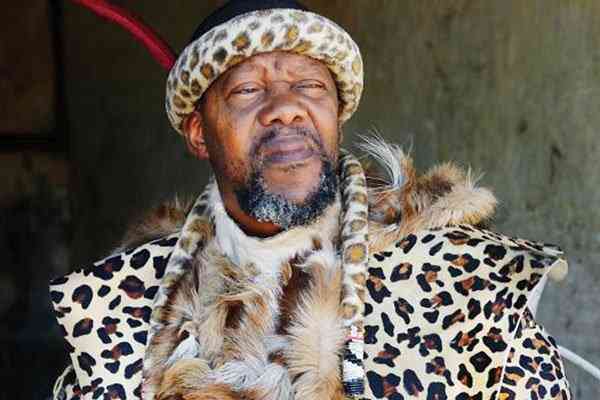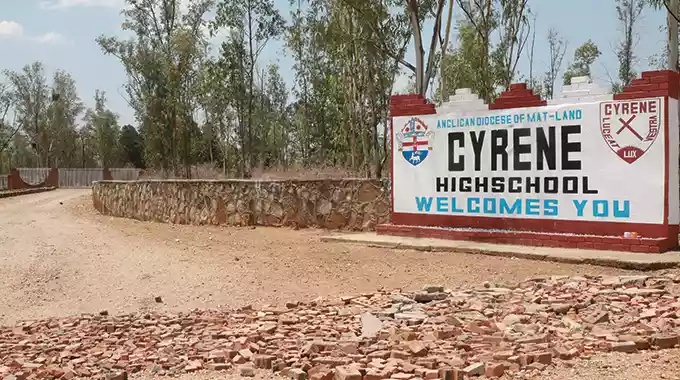
The protracted dispute over the Ndebele monarch has taken a new twist following a social media post from the camp of claimant Stanley Raphael Tshuma Khumalo, which directly challenges the narrative surrounding the endorsement of his rival, Bulelani Khumalo.
The controversy erupted after Chief Nhlanhlayamangwe Ndiweni of Ntabazinduna stated at a King Mzilikazi commemoration event in the UK that the late Chief Vezi Maduna Mafu had endorsed Bulelani Khumalo as the rightful heir.
Greater Sibanda, a spokesperson for Stanley Raphael Tshuma Khumalo, took to Facebook to vehemently deny these claims.
In his post, Sibanda accused Chief Ndiweni of distorting facts and presented what he purports to be a sworn affidavit from the late Chief Maduna as evidence.
"This is a distortion of facts," Sibanda wrote.
"Chief Maduna Mafu openly rejected Bulelani's claim and went on to put his position on record through a sworn affidavit for avoidance of doubt.
“It is clear evidence that Chief Ndiweni was not truthful and the public must not be misled."
When contacted for further comment, Sibanda declined, stating he had "endured a lot of attacks on the issue."
- Ndiweni: I’m going nowhere
- Chief Ndiweni predicts overwhelming rigging in the by elections
- Ndiweni: I’m going nowhere
- Desperate Zim migrants repatriated from SA
Keep Reading
The attached affidavit, dated August 22, 2017, claimed that Chief Maduna attended a meeting on August 19, 2017, where Bulelani was unveiled as Crown Prince.
"I noted that King Lobengula's family had not been invited to the meeting...,” the alleged affidavit reads.
“We also noted that the King Lobengula family had not been consulted about Bulelani as the likely Prince.
“As chiefs we did not endorse him."
Chief Ndiweni dismissed the affidavit as "blatant beerhall lies" designed to distort history and tarnish the legacy of Chief Maduna when contacted for comment.
He asserted that Chief Maduna was a pivotal and consistent figure in the kingship revival process from its inception.
"What is being posted on social media is a document that wants to tarnish the image of the great Chief Maduna,” Ndiweni said.
“Maduna was a great chief, who stood for Matabeleland without retreat.
“The document has no truth in it.”
He characterised the claims as "pedestrian talk" and a "criminal act," suggesting they were fabricated by individuals who were not genuinely involved in the multi-year process.
Chief Ndiweni later provided his version of the events, explaining that the revival efforts involved extensive consultations dating back to 2015, and even referenced discussions from the 1970s.
He described the August 19, 2017, meeting as a culmination of these efforts, not an ambush, and insisted that all five major Khumalo houses were present.
"When there are five houses and out of them only one house is opposed, while the rest agree, we then go with the majority houses," Ndiweni explained, justifying the decision to support Bulelani.
He emphasised the urgency of ending the 123-year period without a king.
Ndiweni dismissed, the relevance of the King Lobengula Royal Trust mentioned in the affidavit, and labelled it a private entity with no authority to dictate the clan's decisions.
He also chronicled the subsequent steps, including a failed attempt to coronate Bulelani at Barbourfields Stadium on March 2, 2018, after the High Court, influenced by the Local Government ministry, blocked the public ceremony citing a lack of constitutional provision for the king.
"On September 28, 2018 at 4:15pm in Bulawayo the king was crowned to be the third Ndebele King,” he claimed.
“Next day we shouted “Bayethe” for the first time in 123 years.
“Maduna was most influential in the process.”
The kingship has four principal claimants: Stanley Raphael Tshuma Khumalo, Mcijwana Khumalo, Peter Zwide Khumalo, and Bulelani Khumalo.
Bulelani remains the most publicly visible, often receiving chants of "Bayethe" at cultural events, while his rivals' influence appears limited mainly to media statements questioning the legitimacy of the process.









